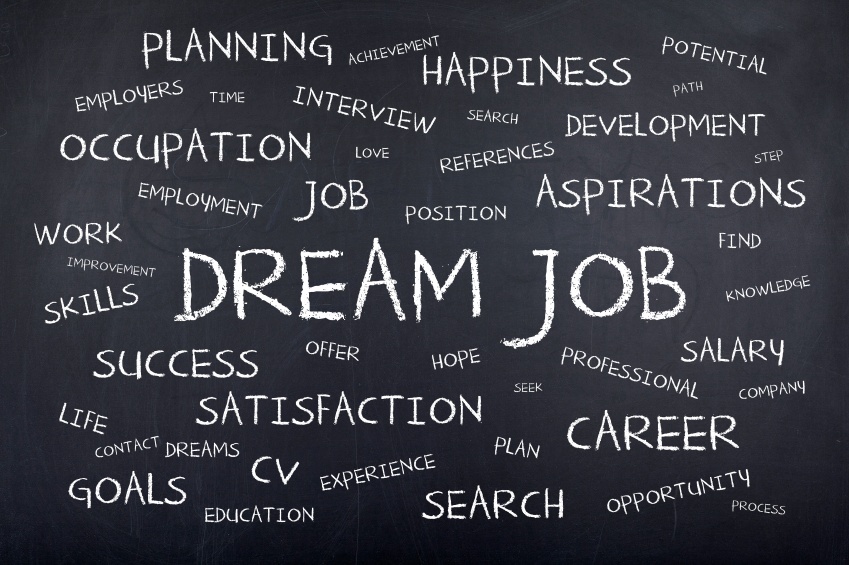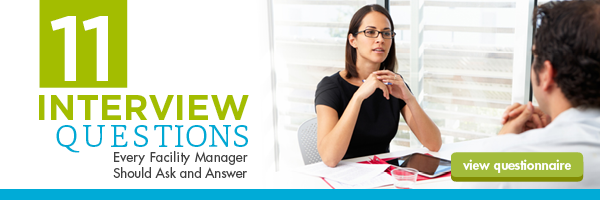How To Succeed In A Facility Manager Job Interview


Job interviews can be some of the more stressful tasks in the business world. You are often facing a panel of professionals who are judging your past successes (and failures) and are deciding if you are the right fit for their company. You have to, therefore, sell yourself without seeming like you are bragging or overtly boasting. Smile but don’t seem too happy. Answer completely but don’t ramble. Look them in the eyes, but don’t bore holes in their retinas.
How To Succeed in A Facility Manager Job Interview
With so many rules and potential pitfalls, its easy to see why the interview process is so daunting. But, there is hope for showing your true worth and merit. Play up your strengths. Find ways to show off your best and most valuable features and land that coveted position.
Identify Your Strengths
So, how do you begin preparing for the interview? Make sure you know about the company and position you’re applying for first. Do some research of your own and then consider what you can bring to the table. Make a list of accomplishments, both professional and personal. Consider related training or education that will apply to the job. List what you believe to be your best talents or skills and consider how they could apply to the Facilities Management position and work requirements. Even ask a spouse, friends or another professional what they think your strengths are. Sometimes outside perspective can be the most enlightening. Then, refine and combine these strengths to 5-7 points of interest that you can refer to during the actual interview.

Practice Answering Questions
One of the greatest strengths you can have in an interview is preparation. Knowing what questions about facility management might be asked ahead of time can help you not appear so nervous or unsure of yourself and confidence is always a strength. Having a friend or loved one ask questions about past successes and failures and what you are capable of is extremely helpful in readying your brain for the real thing. Practice makes perfect, right?
Move Weaknesses to Strengths
Although you may already be aware of your skill set, being honest about weaknesses may be more difficult. Honestly look at what you have struggled with in the past and then consider how you have overcome and moved forward. For instance, if public speaking is not your strong suit, consider an instance when you were faced with this challenge and what you did to get through it. Or you may want to consider some training that will assist you. Online courses or organizations like Toastmasters are available to give almost immediate guidance and, showing that you have taken the initiative to improve an area of weakness, is impressive to any interviewer.
Don’t Oversell
A common mistake interviewees make when asked to talk about their qualifications is to go big with their accomplishments. If you list twenty different successes and all the accolades you’ve been awarded, it may seem a bit too unrealistic and embellished. Or, it may beg the question, if you’re so good at your job, why are you searching for a new one?

Think of specific successes or talents that align with the company you’re interviewing with. Show diversity in your skill set, with a focus on integrating your past experiences with this new organization. Here is where your pre-interview research can really make a difference. Let your strengths create a niche for your new team.
Avoid Underwhelming Strengths
On the other hand, be careful not to be too modest. Don’t focus on such small points, in fear of sounding like too much of a braggart, that it appears you really haven’t accomplished much of anything. And steer clear of championing work traits that are expected behaviors. No one is impressed that you are on time to work. You’re supposed to be! But, if you are an exceedingly punctual person, think of a scenario in which your punctuality made a big difference in the success of an operation and play up the actual success, not just your clock watching skills.
Does the Resume Match the Interview?
So, let’s assume that you really feel great about the interview and you’ve received positive feedback from the interviewers. As is customary, you’ve also left a resume, which often serves as a reminder for the interviewers of the candidates. Unfortunately, if your resume doesn’t match up with your face to face, it can affect your chances negatively. The interviewer may see you as less than professional, unorganized or just not honest in your representation of yourself.

Your FM resume should be a highlight reel of your professional accomplishments and your skill set and how you will fit with this particular company. Your interview should mirror your resume but it should not read verbatim, like a prepared speech. Let the written words be a launch point for what you say in the actual interview.
The interview process doesn’t have to be a negative experience. Preparedness will do wonders for removing obstacles which could derail your interview. Seek advice from colleagues in your facilities management network who have been successful before and hone in on their tips. Then, your strengths will begin to do the talking for you.
